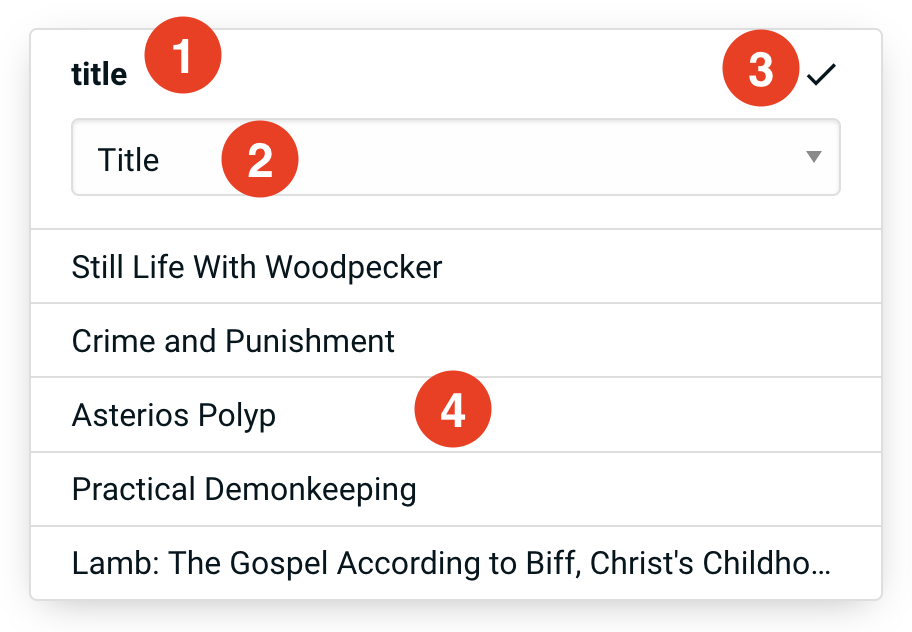Download CSV Import Templates
Libib lets you import your items via a CSV file (UTF8 encoded), but does require that you have at least one identifying column (ISBN 13, ISBN 10, UPC, EAN).
You can import items with only an ISBN/UPC, and other data will be auto-curated by Libib.
If you add additional data, then Libib will overwrite those specific fields with your entries.
To start an import, select the CSV Import option on the Add Items page.
CSV Import Fields
Fields are listed in alphabetical order below. Formatting matters!
Some fields are only valid for specific item types, or for Pro accounts only – this will be mentioned below.
- added – This is the date the item was added to your collection. (Format eg. YYYY-MM-DD).
- creators – Authors/Directors/Platform/Artist – the creator(s) of the item. If more than one, they can be comma separated. (Format eg. Firstname Lastname, Firstname Lastname)
- began_date – The date you began the item. (Format eg. YYYY-MM-DD).
- [PRO] call_numbers – These are optional identifying elements for your items, we recommend formatting by dot separators, ex 123.23.41 or Case 1.Shelf 2
- completed_date – The date you completed the item. (Format eg. YYYY-MM-DD).
- copies – How many copies you have of this specific item. Integers only. (eg. 2)
- description – The description of the item (limited to 5000 characters, ~1000 words).
- group – What series an item belongs to.
- upc_isbn10 –
- (Books) The ISBN 10 identifier of a book.
- (Non-books) The UPC of an item.
- ean_isbn13 –
- (Books) The ISBN 13 identifier of a book.
- (Non-books) The EAN of an item.
- [PRO] ddc – The DDC (Melvile Classification) of an item.
- [PRO] lcc – The Library of Congress Classification of an item.
- [PRO] lccn (Books) – The Library of Congress Control Number of an item.
- [PRO] oclc (Books) – The OCLC Control Number of an item.
- [PRO] lexile (Books) – The Lexile for an item.
- length_of (Non-videogames) – The number of pages in a book, runtime of movie (min), or length of album (min).
- number_of_discs (Non-books) – The number of discs for an album, movie, or video game.
- aspect_ratio (Movies) – The aspect ratio of a movie.
- notes – Any personal notes that you have made about the item.
- price – The price/cost of the item; this field is always user provided (we do not auto-curate).
- publish_date – The date the item is published. (Format eg. YYYY-MM-DD).
- publisher – The publisher of the item.
- rating – Your rating on a scale of 1 – 5, half increments allowed. (ex. 4.5)
- review – Your review of the item – reviews are always made public.
- review_date – The date you made your review. (Format eg. YYYY-MM-DD).
- status – The current status of the item. (Allowed status’: Abandoned, Not begun, In progress, Completed).
- tags – Comma separated words that operate as categorizations for the item.
- title – The title of the item.
Libib will automatically attempt to fill in the gaps in your data (such as adding titles if there is no titles column).
If an item already exists in your collection, then no change is made (that row in the csv file is ignored).
Cover art will be auto-curated from Libib’s internal database for all items.
Align Fields
After you upload a csv file, you will be instructed to double-check your values, and that they align with Libib’s values.

- The name of your csv column.
- A drop down list of possible matches that Libib will recognized. Libib tries to auto-match your column names to our options, but you can adjust here if needed.
If there is “no match found”, Libib will ignore the data in that column. - A checkmark indicates that the column has been matched to a Libib field.
- The first 5 rows of your csv’s column data for review.
